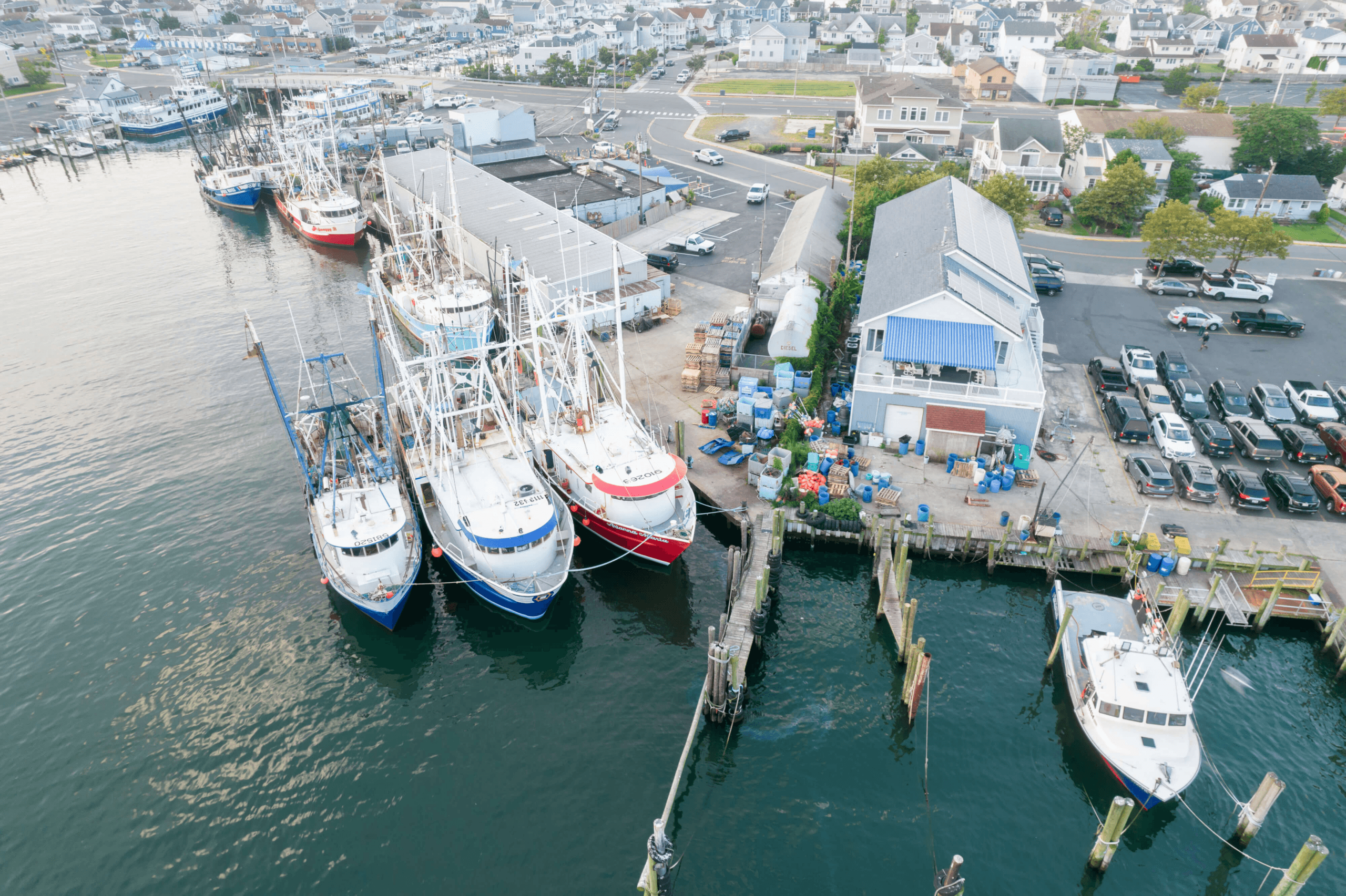Mitigating OA through Marine CDR: Opportunities and Challenges

Overview
Harnessing the US Eastern Seaboard for Climate Change Mitigation: Lessons from Pilot Trials of Coastal Enhanced Weathering
Dr. Grace Andrews
Godzilla, Goldilocks, and Gigatons
Marty Odlin
Current Policy Framework for mCDR in the Mid-Atlantic
Dr. Wil Burns

Get Involved
If you are interested in learning more about MACAN and the work we do, please sign up for our monthly newsletter. You can also read our 2024 to 2028 Work Plan.

The Mid-Atlantic Coastal Acidification Network. All Rights Reserved.